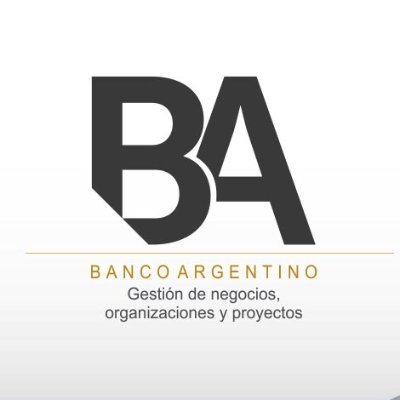Various organizations of the People’s Republic China implemented greater controls for influencers of the country that deal with certain topics, such as medicine or economics.
Among the measures, the content creators have a university degree related to the discipline they talk about.
The Government of Xi Jinping sanctioned a macro regulatory standard of this activity three years ago, so the decision comes to reinforce what has been established.
University degree and economic sanctions: the new measures to regulate students influencers in china
China’s Cyberspace Department, the Ministry of Radio and Television and the Ministry of Culture and Tourism have adopted a series of measures that affect to those called influencers.
These will apply to content related to areas considered of high public impactsuch as health, medicine, law, economy, education and environment.
 Xi Jinping’s government regulates influencers from 2022. Photo: AFP
Xi Jinping’s government regulates influencers from 2022. Photo: AFPThe most striking decision is that content creators who deal with these topics They must present academic degrees, technical certificates or professional licenses to be able to speak publicly. This information must be verified by the platforms before allowing the dissemination of the content.
In addition, content that addresses regulated topics must include clear labels indicating whether it comes from a certified source, and greater transparency will be required regarding the identity and training of the content. influencers that spread them.
Digital platforms will be responsible for monitoring and enforcing the new rules. Those who fail to comply with the regulations may face anything from content removal to high penalties. financial sanctions and restrictions on your accounts.
So, China became the first state in the world to implement such a radical measurewhich has generated debate both inside and outside the country, when confronting two key concepts: the freedom of expression and the need for guarantee verified information on sensitive topics.
Thus, while some celebrate the fight against misinformationothers fear a possible covert censorship.
Background and rationale for the drastic measures
These resolutions are framed within a «new phase of digital governance«, implemented under the Cybersecurity Law passed at the end of 2016, which imposes fines of up to 100 thousand yuan (approximately 14 thousand dollars) on creators and platforms for failures in verification.
In particular, they are included in the Standards of Conduct for Streamers of the Internet, whose legal bases were established in 2022, and are part of the campaign Qinglang (Clear and Bright) this year, which includes actions against disinformation in streaming and verification of qualifications.
The Chinese Association of Performing Arts, an organization that depends on the Ministry of Culture and Tourism, expressed the same sense, which, in June 2025, published a report stating that content creators on platforms such as Douyin and Kuaishou must prove certified studies or specialized training before issuing opinions on topics that require a high professional level.
 China also regulates AI-generated content. Photo: IA/eMarket Services.
China also regulates AI-generated content. Photo: IA/eMarket Services.This approach, something unknown in the West, has been complemented by new regulations on artificial intelligencewith the purpose of «eliminating misinformation and promoting a safe and professional digital ecosystem.»
Among them are the Methods for the Identification and Management of Content Generated by Artificial Intelligence, issued by the Department of Cyberspace in March, which extend verification obligations to materials generated by AI and require labeling and validation to prevent «fake experts» amplified by technology.





